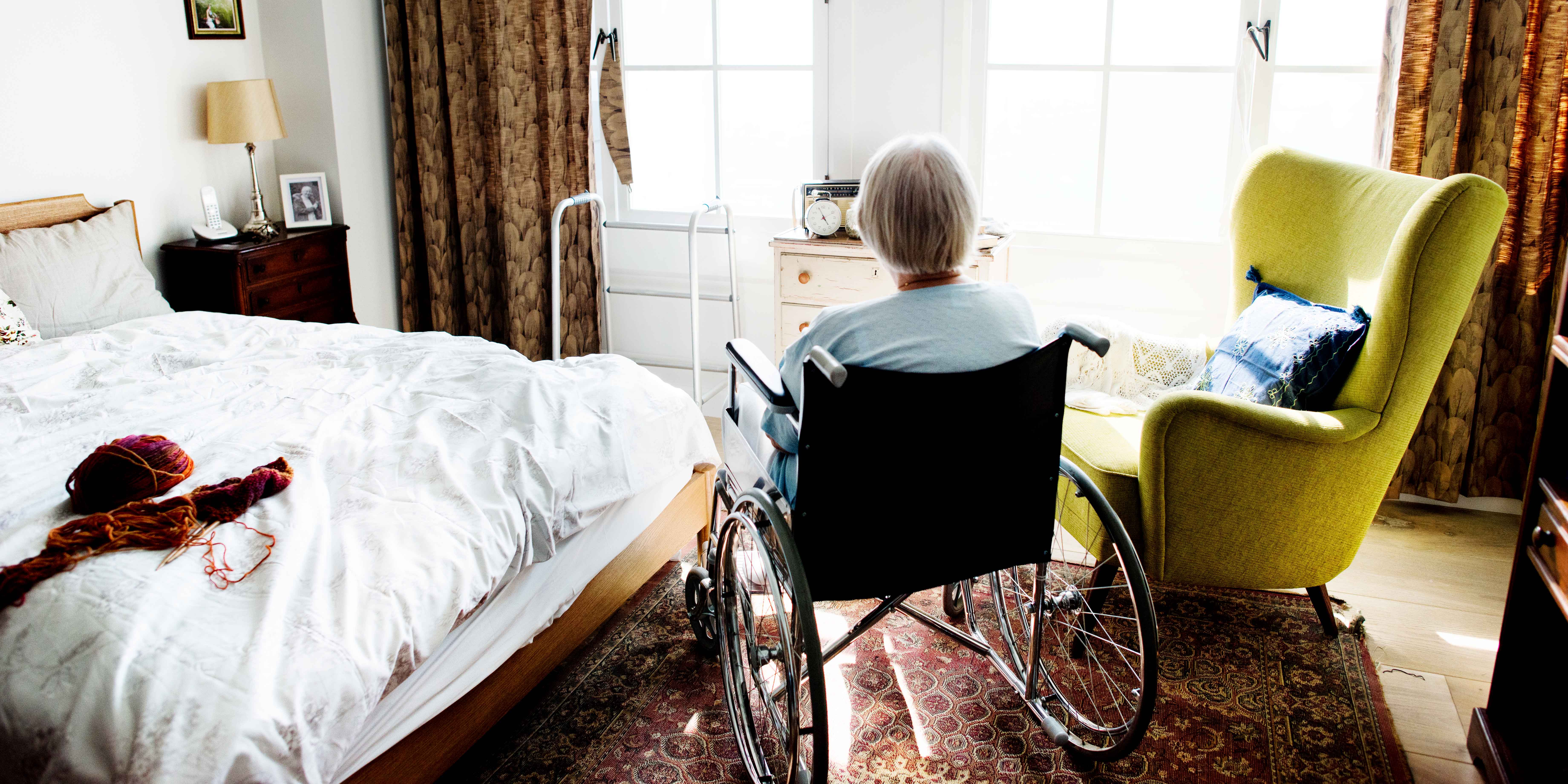In the following case, the issue of delegation of wound care was the focus of the case.
A female patient’s doctor ordered home healthcare services after her hospitalization for renal disorders and congestive heart failure. The patient employed a local home healthcare agency to provide skilled nursing care for the patient’s many health problems.
Six months later, the physician discovered his patient had developed four decubitus ulcers, including one on her right hip, which measured 5-1/2 centimeters in diameter and 7-1/2 centimeters deep.
The physician ordered the nurses to clean the wounds regularly and two months after the orders were being carried out, he delegated to the nurses to begin to pack the right hip wound with Betadine gauze.
The right hip wound was packed five times a week for five months and the wound improved enough that the packing was discontinued. Despite cleaning and dressing the wound, the hip wound worsened and would not heal.
As a result, surgery was performed and during the procedure, the surgeon found a piece of gauze embedded in the ulcerated wound. The gauze was removed but additional surgery was required several months later due to the wound still not healing completely.
Delegation error leads to lawsuit
A suit was filed by the patient’s guardian against the agency alleging its employees negligently failed to remove gauze from the patient’s right hip, resulting in its failure to heal.
During the trial, the issue was whether the sitters (aides) — rather than the nurses — packed the hip wound and failed to remove the gauze. The sitters denied doing so.
The home healthcare agency, however, disputed this, testifying and producing evidence that the sitters were taught to perform the packing procedures.
The jury returned verdict in favor of the home healthcare agency. However, the judge granted the guardian’s Motion for a Judgment Notwithstanding the Verdict and awarded $105,711.80 in damages to the patient.
The court opined that skilled nurses were ordered to carry out the packing process and the agency did not follow that order. Because of that deviation, the home healthcare agency’s instructions to the sitters to perform the packing was a deviation from the standard of care owed the patient.
The preponderance of the evidence during the trial and the applicable law, the court concluded, supports its decision.
Home healthcare agency appeals trial court’s decision
The appeals court carefully analyzed the evidence presented during the trial.
It noted that:
- The physician’s delegation was for skilled nurses exclusively to perform the packing procedure for the patient’s wounds, five times a week.
- Nurses were required to document the care provided to the patient, but no documentation existed by the skilled nurses that they performed the packing or observed the sitters performing the required care.
- A home healthcare agency employee testified she trained the sitters to pack the hip wound, but no documentation of that instruction existed.
- The sitters testified they were never instructed in the packing process and they only replaced the outer layer of bandages when needed.
- The patient’s nurse expert witness testified that documentation of care was essential to ensure that those doing the care for the patient would be aware of what care was provided.
- Additionally, the nurse expert testified that the standard of care for the patient was breached because no documentation existed of the number of gauze removed or replaced each time wound care was provided.
- The defense of the home care agency that the patient suffered from dementia and twice placed her hand in the wound, which could have resulted in her placing gauze in the wound herself, was not compelling.
The appeals court held the order of the physician to have skilled nurses provide wound care to the patient did not occur, and that not doing so breached the standard of care to the patient.
The court also opined that regardless of the patient’s dementia, it did not absolve the home health care agency from its duty to “properly inspect, clean or treat” her wound.
The appeals court upheld the trial court’s granting of the guardian’s motion and its award of damages.
Implications for wound care practice and delegation
Several major themes are underscored by this case:
- As a wound care nurse, you cannot delegate a nursing responsibility that only you can perform, either based upon the order given or based in your state nurse practice act that defines your scope of practice and that delineates the parameters of delegation.
- Documentation is essential in your practice. In this case, documentation was fundamentally non-existent, which is clearly a breach of the legal standard of care and your standard of practice. The importance of good documentation can be reviewed in our blog “Nine Wound Care Documentation Pitfalls to Avoid.”
- When there is an allegation of professional nursing negligence, a nurse expert’s testimony is required from both the plaintiff (patient) and defendant (home care agency). This case was clearly won on the testimony of the plaintiff’s nurse expert.
- Last, but by no means least, attempting to blame a patient for your lack of non-negligent care never takes away your overriding duty to provide wound care that is consistent with acceptable standards.
Take one of our wound care courses or certification refreshers to keep your knowledge up to date.
What do you think?

